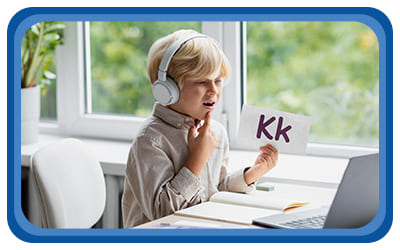English Phonics (Preschoolers)

$98
Introduce your preschooler to the world of English phonics with Britishey Training Centre's engaging course. Designed to foster early literacy skills through fun activities and games, our program sets the stage for confident reading and writing. Enrol now and give your child a strong foundation in phonics!
Learn more
 0
0 